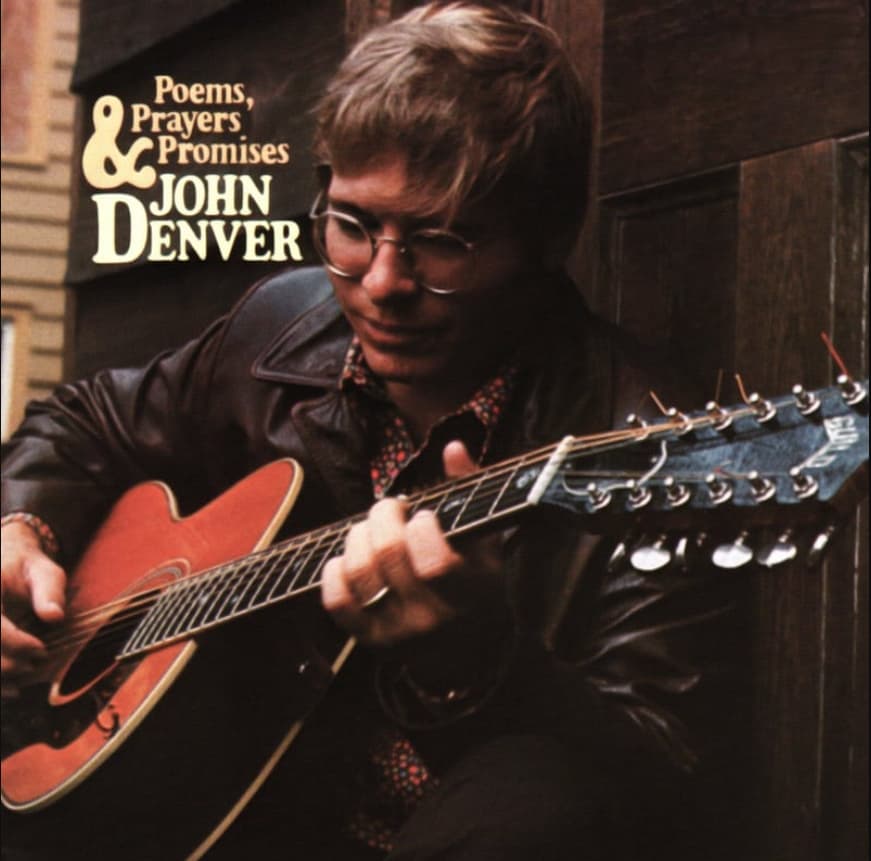
John Denver and His Enduring Hit “Junk”
John Denver, the American singer-songwriter known for his heartfelt melodies and folksy charm, left an indelible mark on the music industry with his extensive discography. Among his numerous hits, “Junk” stands out as a timeless classic that continues to resonate with listeners across generations. Released in 1971 as part of his album Poems, Prayers & Promises, “Junk” encapsulates Denver’s signature style, seamlessly blending poignant lyrics with a gentle, guitar-driven melody.
The song’s title, “Junk,” might seem like an odd choice, but it belies a deeper meaning that unfolds through Denver’s evocative storytelling. The lyrics paint a vivid picture of a world consumed by materialism and consumerism, where individuals are constantly bombarded with messages urging them to buy more and more. Amidst this relentless pursuit of possessions, Denver offers a refreshing perspective, reminding us of the true value of simplicity and the importance of cherishing what we already have.
“Junk” is not merely a critique of materialism; it also serves as a celebration of nature and the simple joys of life. Denver’s lyrics transport listeners to a world of rolling hills, clear streams, and starry nights, where one can find true happiness and fulfillment. He contrasts the fleeting pleasures of material possessions with the enduring beauty of nature, reminding us that true wealth lies not in what we own but in the experiences we share and the connections we make.
The song’s enduring popularity can be attributed to its universal message and Denver’s heartfelt delivery. His gentle vocals and sincere expression perfectly convey the song’s themes of contentment, gratitude, and environmental consciousness. “Junk” has become an anthem for those who seek a more meaningful life, one that is not defined by material possessions but by genuine connections and a deep appreciation for the world around us.
“Junk” remains a cornerstone of John Denver’s legacy, a testament to his ability to craft songs that speak to the heart and inspire reflection. Its message of simplicity, gratitude, and environmental stewardship is as relevant today as it was when the song was first released, reminding us that true happiness lies not in material possessions but in the richness of our experiences and the depth of our connections with the world around us.